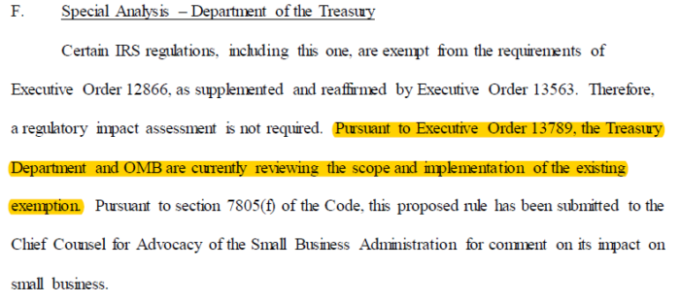WASHINGTON, D.C. – JUNE 26, 2018– Cause of Action Institute (“CoA Institute”) sued the White House Office of Management and Budget (“OMB”) and the Department of Agriculture (“USDA”) today for failure to disclose records reflecting top officials’ Internet browsing history. The records at issue—which were the subject of two July 2017 Freedom of Information Act (“FOIA”) requests (here and here)—include the web browsing histories of OMB Director John Mulvaney and USDA Secretary Sonny Perdue, as well as their communications directors, on any government-issued electronic devices.
Cause of Action Institute Counsel Ryan Mulvey said, “The taxpayer foots the bill for the government’s Internet usage; the taxpayer deserves to know whether bureaucrats are behaving as proper stewards of their online resources. Agencies must be held accountable for their refusal to disclose vital information about the operations of the administrative state. The public has a right to know what websites are being accessed in the course of official agency business. Not only would such records reveal the sorts of resources that have influenced decision-making, but they also could expose questionable or inappropriate online activity by government employees.”
To date, OMB has failed to respond to CoA Institute’s 2017 FOIA request. USDA has responded but refuses to release the requested records because it believes they are not under agency “control” and would entail the “creation” of a new record. CoA Institute disputes both claims.
The operation of an Internet browser typically creates an electronic record of the user’s online activity. This record is stored locally and is accessible through the browser’s “History” function. In this case, the requested records were created on government computers, integrated into their file systems, and can be used by agency officials as they see fit, subject to any applicable record retention laws. This means that such records fall under “agency” control and should be available to the public, particularly given past scandals involving the abuse and misuse of Internet-based programs.
The full complaint, filed in the U.S. District Court for the District of Columbia, can be found here.
For more information, please contact Mary Beth Gombita, mbgcomms@gmail.com.


